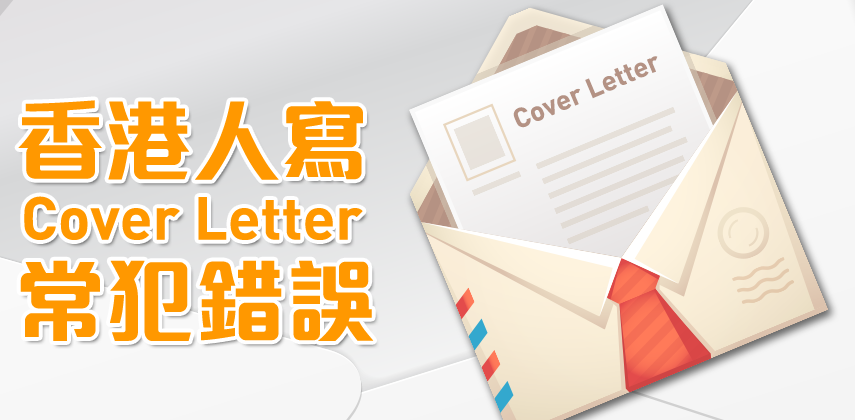Cover letters are often one of the most dreaded aspects of a job search. Unfortunately, it’s also one of the most crucial elements to securing a job interview and consequently, a job offer. Writing a successful cover letter is an extremely challenging task, leaving many prospective job seekers stressed, frustrated, and perhaps even helpless. Some desperate applicants have been known to pay skilled writers handsomely for their help in creating a well-worded cover letter document on their behalf, but the dishonesty rarely pays off in the long run. Instead, learn to craft your own cover letter and make it a stellar piece of work by ensuring that you avoid these common cover letter mistakes at all costs.
1. Too long. An exceptional cover letter is concise and to the point, highlighting only the most important and most relevant of information. Often, too long a cover letter points to an over-dramatisation of your professional achievements and padded descriptions that no hiring manager is particularly interested in reading.
2. Spelling and grammatical errors. No matter how often people have been told to double and even triple check for spelling and grammatical errors in their writing, recruiters still, to this day, receive numerous documents with simple but obvious spelling or grammatical mistakes. Ensuring that your cover letter and resume are free of any such oversights is such a simple thing to do and well worth the time spent. It is a key element in your job application that shows your attention to detail without you having to mention it explicitly.
3. Boring opening statement. Recruiters and hiring managers review an endless amount of job applications each day. Grab their attention with a catchy or compelling opening statement on your cover letter. Try “As a director of operations, I have increased workplace productivity by 15% in the last year. I’m interested in producing the same, if not better results for you” and compare that statement with the standard, “I am an Operations Director with three years of experience” and you’ll see how much more intriguing the first sentence is. The aim of your first opening line is to address the company’s need in filling this position and how you can help them reach their goals. Do it in an interesting way that is unique to your personality and skillset and the hiring manager will be sure to notice you.
4. Negativity. The purpose of the cover letter is to divulge why you’re looking to move forward in your professional career, not why you’re trying to get out of your current job. When writing your cover letter, stay positive and optimistic. Don’t complain about your current professional circumstances and do not include anything negative in any way. No one wants to read about that, none more so than a potential employer who you hope will invite you in for a job interview.
5. Making assumptions. There’s no faster turn off for recruiters than people who write their cover letters as if they have already received a job offer. Write respectfully, yet hopefully about your interest in the position and company you’re applying for, but never be rude or arrogant in assuming that you’re the ideal candidate. You may very well be the perfect applicant, but stay humble, even when you’re confident. Don’t ever write of your availability for an interview. Instead, try something like “I look forward to hearing from you on how we can move forward with my application for the open position.” Let your passion and skills shine through in your cover letter and resume to help the recruiter come to the decision that you would be a valuable asset to their company on their own.
6. Failure to mention the position and company name. Although writing a personal cover letter for each and every position you’re applying for will take a lot of time, it’s still smart to include the specific position you’re interested in somewhere in your cove letter. It’s also good practice to include the name of the company in the resume, preferably when addressing why you’re looking forward to working for that particular establishment. Overall, a customised cover letter will go further than the generic letter sent to hundreds of recruiters.
7. Address the letter to the specific hiring manager. While it may require you to spend some time digging around the internet for the name of the hiring manager and editing each cover letter, addressing your letter directly to the person reading is far more impactful than the generic, “Dear Hiring Manager” that so many people tend to use in their job application.
Remember, the goal of your cover letter should be to make a strong impact with the recruiter and to get an interview. Only include the most important details needed for the recruiter or hiring manager to be interested in meeting with you. Review your cover letter multiple times and avoid the mistakes above to ensure that it makes a strong, positive impression before hitting the send button.





